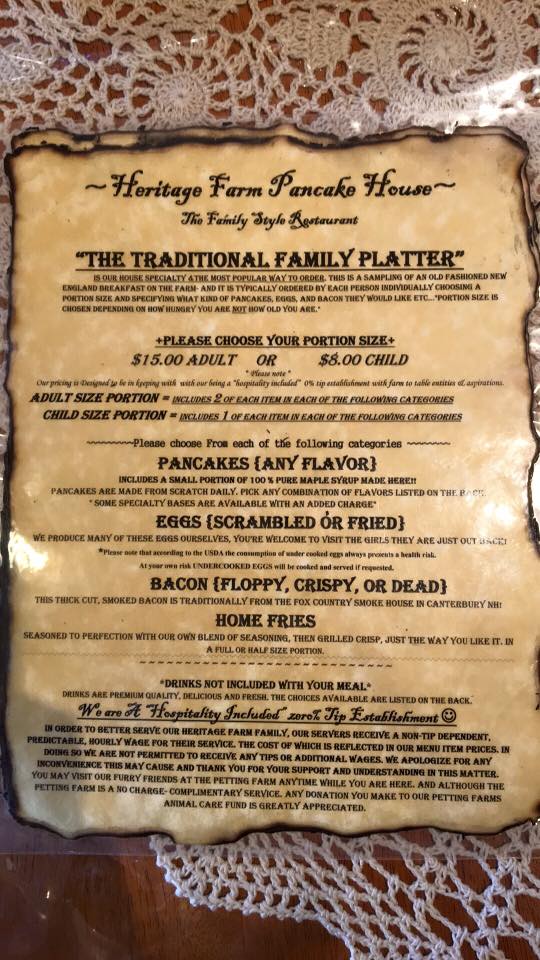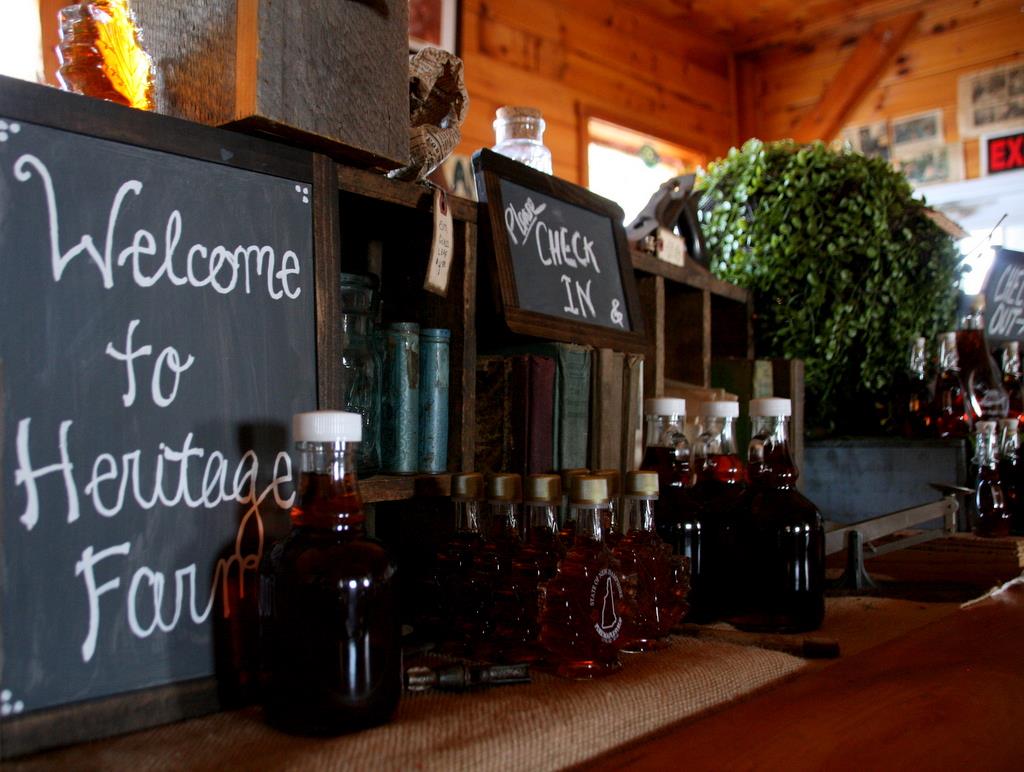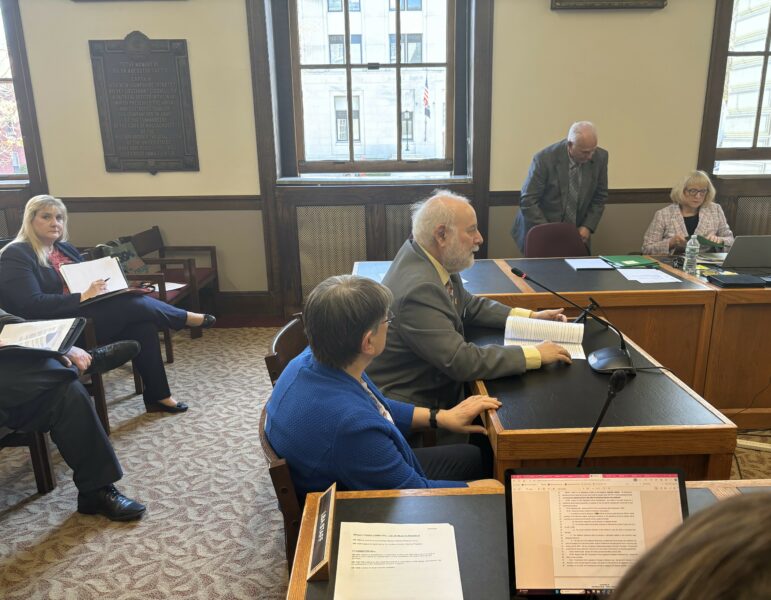Sign up for InDepthNH.org’s free weekly newsletters While nobody is one hundred percent certain where the practice of tipping was started, many travel historians accept the seventeenth century as its period of origin. The term ‘tip’ is actually an acronym for, To Insure Promptitude. From its beginnings as an aristocratic practice, it has been a means to attract better, faster service. According to Kathleen Elkins, writing for BusinessInsider.com, the custom was diffused to the United States by wealthy Americans, upon their return from Europe during the later decades of the nineteenth century. The practice did not gain widespread support immediately. In fact, Elkins tells us that a group calling itself the Anti-Tipping Society of America was formed in 1904, for the purpose of opposing the system. What followed was a series of state laws to prohibit tipping. With those state laws repealed by 1926, it paved the way for celebrities such as Babe Ruth to advance the practice. The controversy over tipping has lasted until the present day. Owners of service-oriented businesses, especially restaurateurs, benefit from the practice by being able to offer ridiculously low wages with the expectation that wait staff will earn a livable income from their tips. Pro-tip enthusiasts argue that tips provide motivation for service people to give their best effort. Not all restaurant owners and managers agree. One of these, Danny Meyer, the founder of Shake Shacks, banned tipping from all of his establishments. Along with better wages for his staff came an unavoidable increase in food prices at Meyer’s thirteen properties. Closer to home, the Heritage Farm Pancake House, in Sanbornton, has a policy that states, “ . . . our servers receive a non-tip dependent, predictable hourly wage . . . (and) are not permitted to receive any tips or additional wages.” They call it being a “hospitality included” establishment. Heritage Farm Pancake House Facebook page Heritage Farm Pancake House in Sanborton. The menu explains the no tipping policy. Whether or not the Heritage Farm plan becomes the mode remains to be seen. However, for the present, there is still the issue of how much to tip your server. According to Business Insider’s “Ultimate Guide to Tipping in Almost Any Situation,” waiters in the U.S. should expect to receive a tip valued at 17 to 20 percent of the price of the meal (before taxes), as this typically comprises the vast majority of their earnings. Cab drivers are entitled to a 10 to 18 percent gratuity. However, if you’re ordering takeout, you need only compensate the delivery person to the tune of 5 to 10 percent. This information applies within the United States only. Magellan’s World Tipping Guide tells us that the global average tip in hotels and restaurants is 10 percent; however, there is a considerable amount of variation. In Brunei, Costa Rica, Fiji, Malaysia, New Zealand, and South Korea, no tip is expected. Furthermore, tipping is perceived as an insult in Japan. Where in the world do service personnel have the greatest dependence on tips? The answer, of course, is right here in the good old USA. As we have seen in the news recently, traditions die slowly in this country. So, it is best that you familiarize yourself with tipping etiquette before your next night away from home. After forty years as an educator, researcher, and consultant, Mark Okrant joins IndepthNH.org to offer concise, informative insight into New Hampshire’s travel and tourism industry as a business, while showcasing the people and places you want to know. This guy’s really been around. And, he’s funny, too. For more about Mark’s compelling tourism-based murder mystery series, visit www.markokrant.com. For information on current things to do in New Hampshire, go to: http://www.visitnh.gov/what-to-do/event-calendar.aspx  Mark Okrant[/caption]
Mark Okrant[/caption]

Feature
NH Travel Guru Tip Tell All: What to Do ‘To Insure Promptitude’
|

Heritage Farm Pancake House in Sanbornton boasts a "hospitality included," no tipping policy, homemade maple syrup and pancakes of every flavor.




